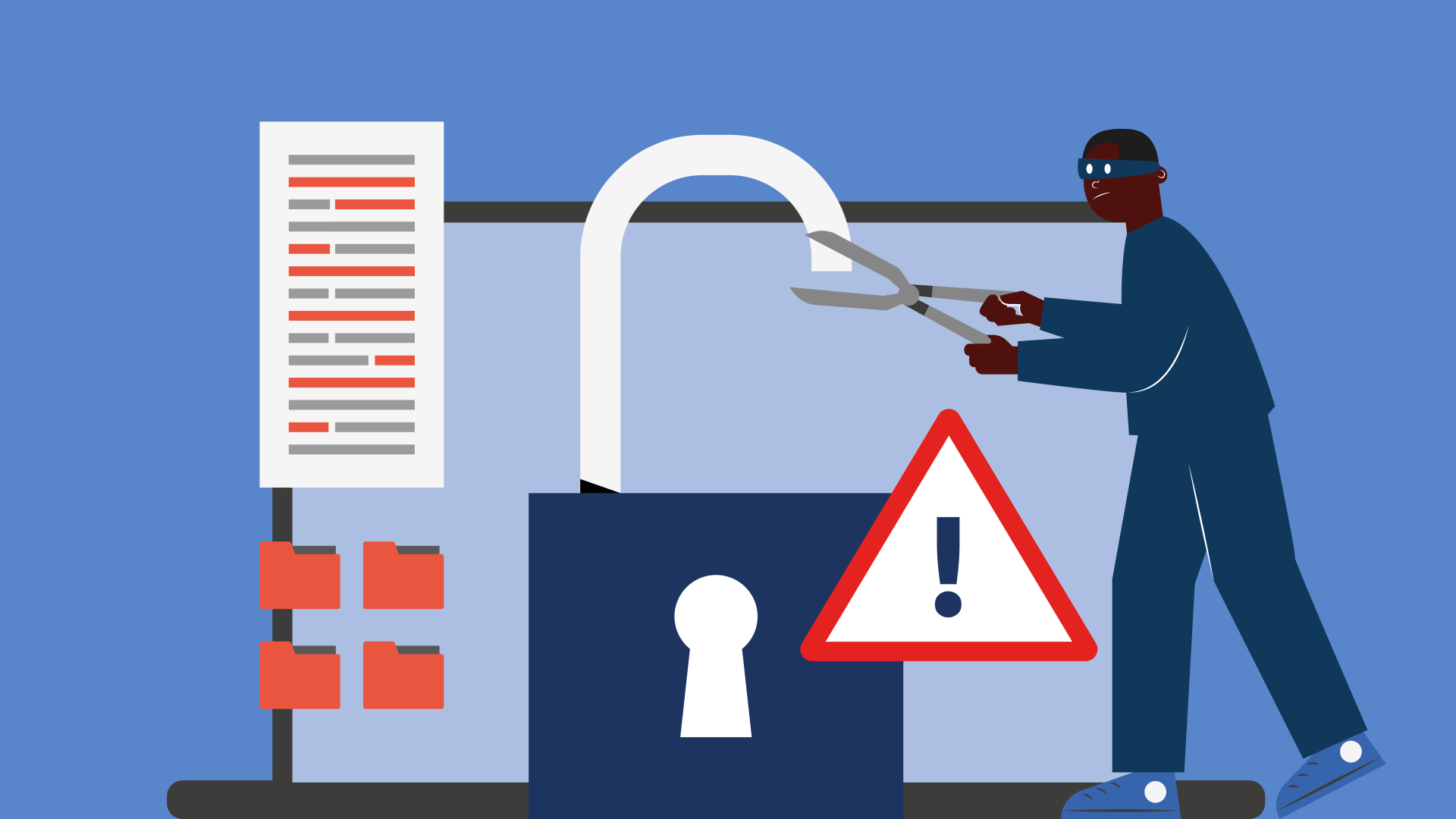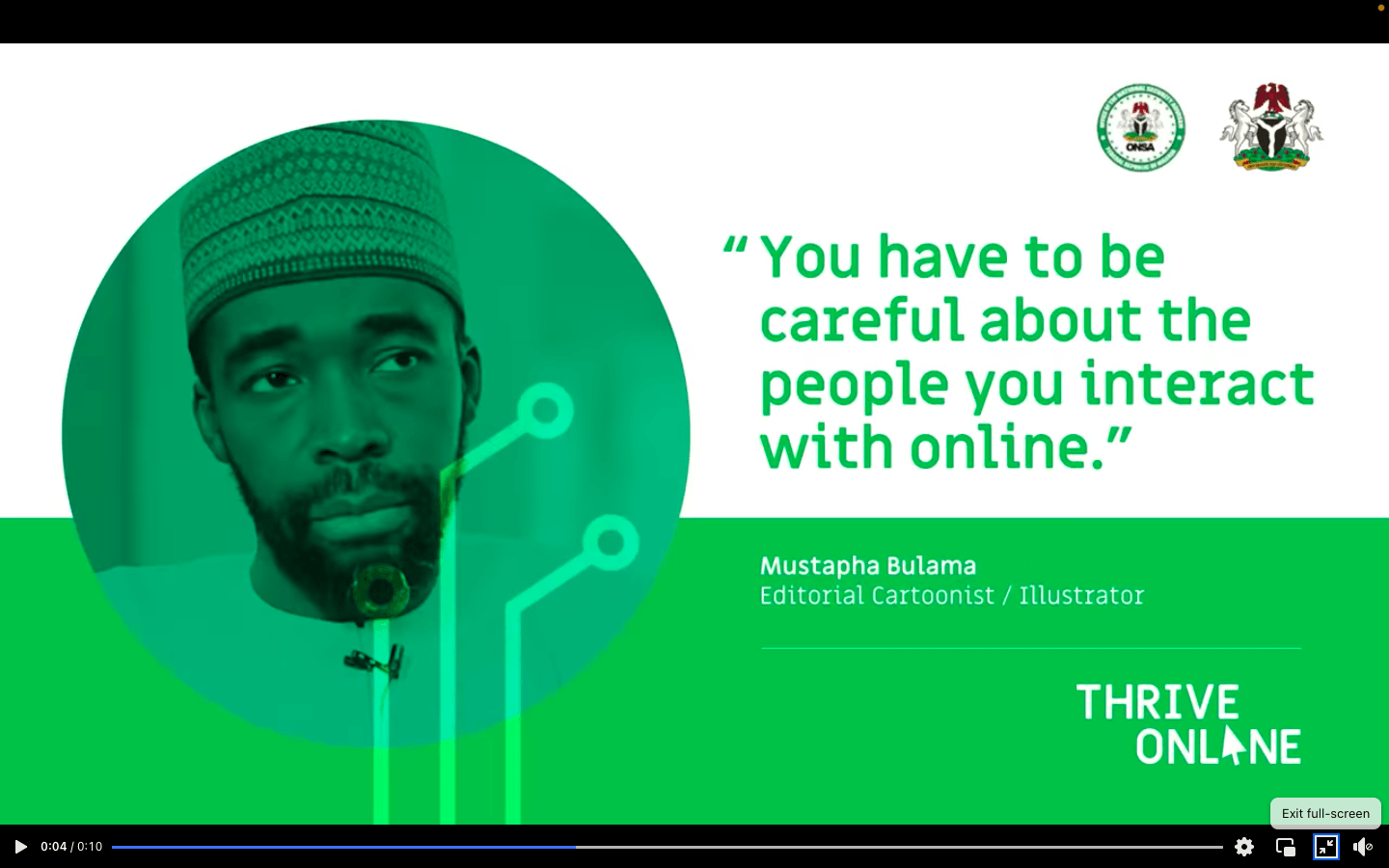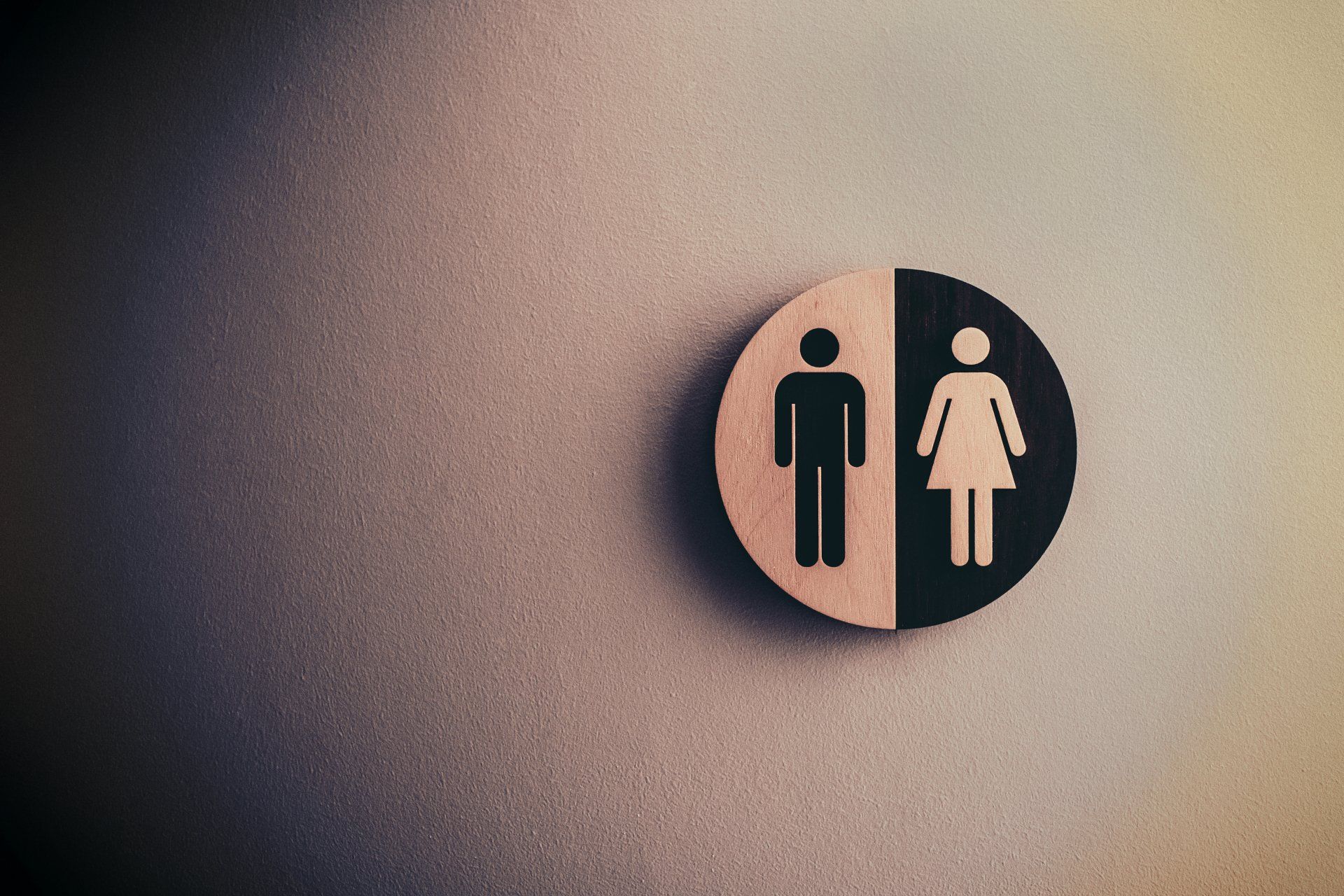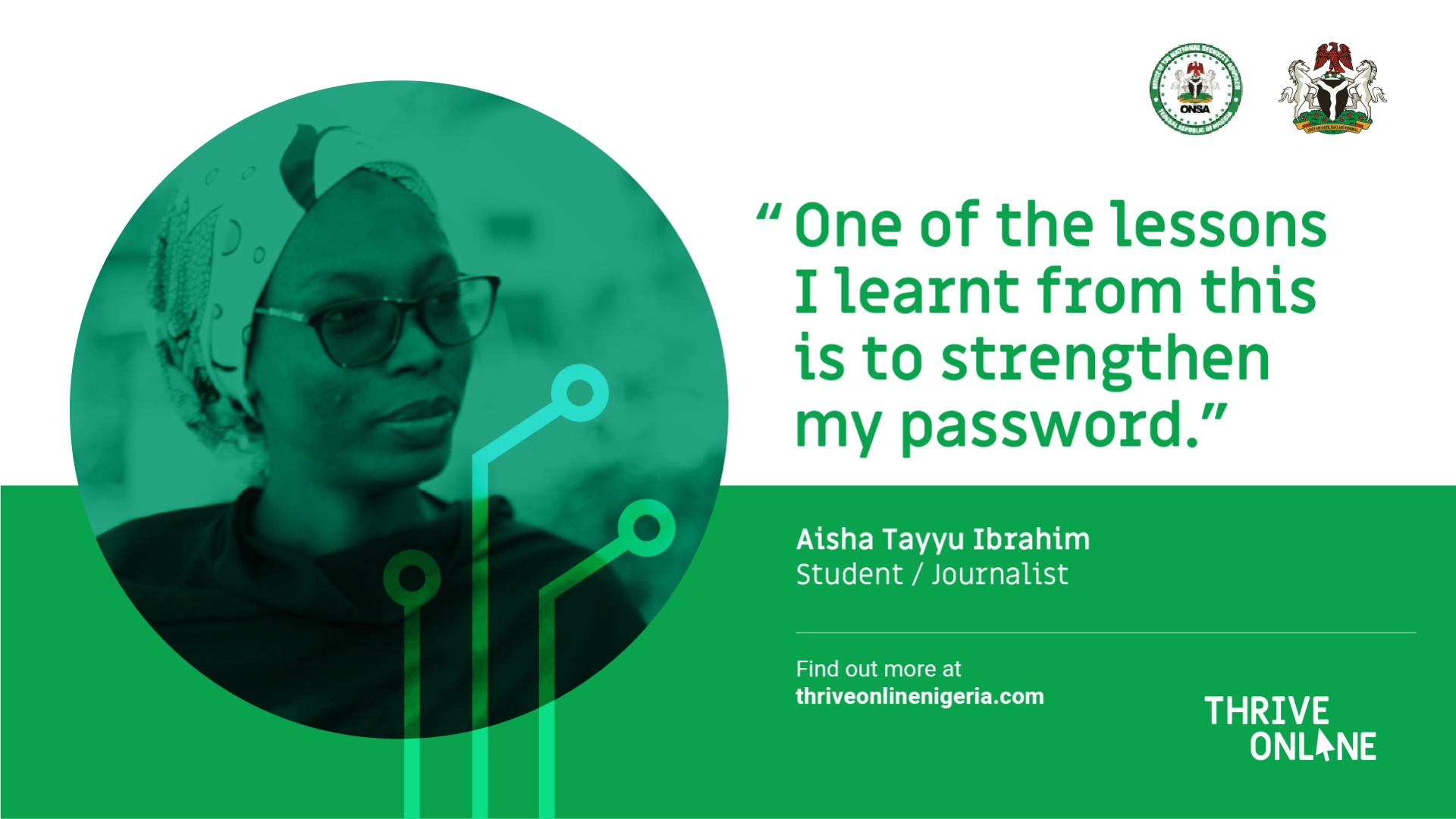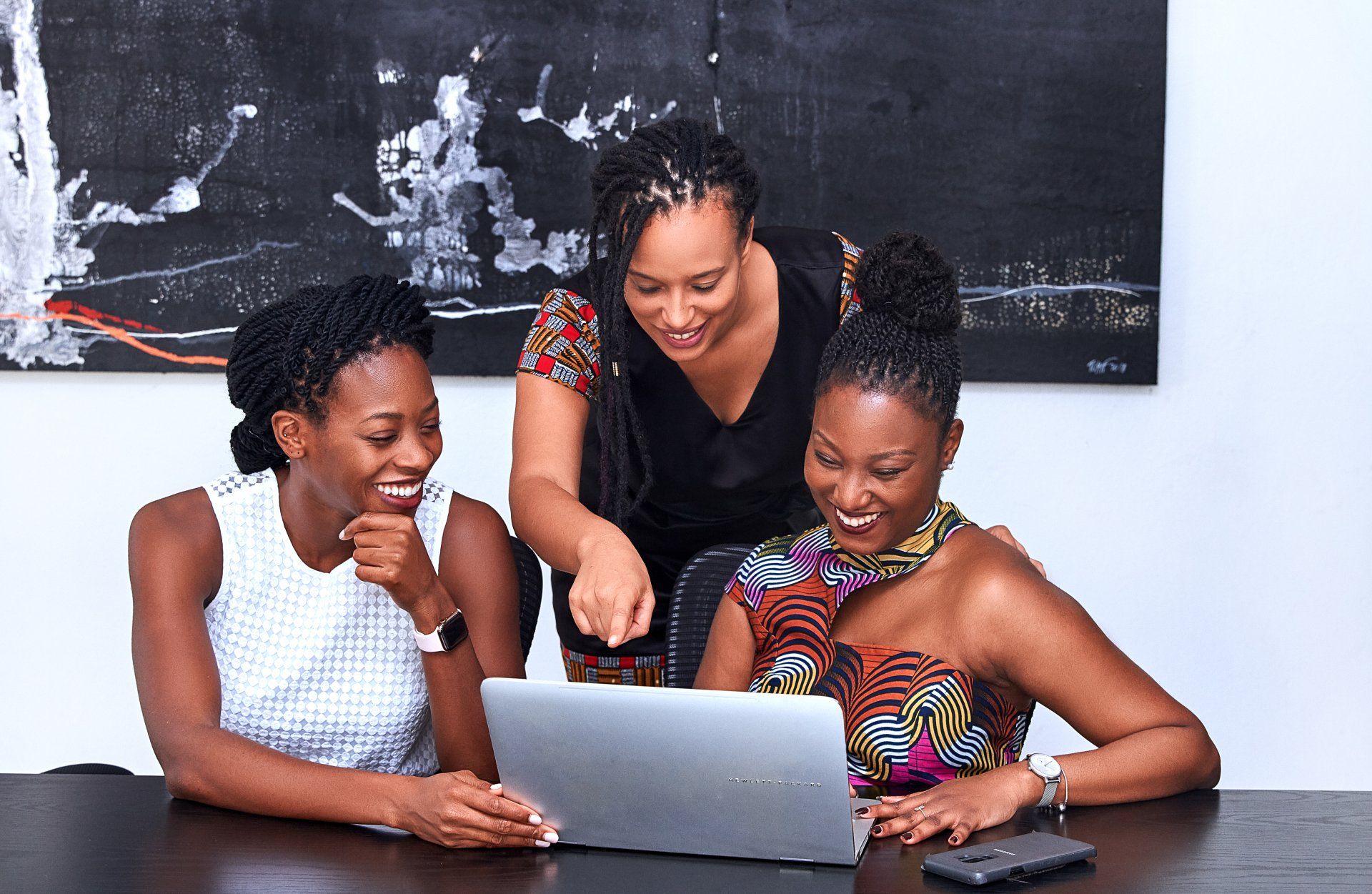Children’s Online Safety
Addressing the "ticking timebomb" of children's online safety
The growing volume of cyber harms that Nigeria’s children are currently exposed to should be a source of huge concern for parents, teachers, regulators and politicians alike, claims one leading expert.
When the pandemic first struck, isolation measures meant that youngsters were given increased access to digital technologies for educational purposes. There were huge advantages to this; helping children with their development, creativity and self-expression.
But, as a result of spending more time online, there were also significant downsides lurking in the dark; the risk of cyber bullying, unwanted connections, exposure to inappropriate content and online sexual exploitation and abuse. The addictive nature of the technology involved (something that children are less able to cope with than adults) only served to exacerbate the issue.
Parents and teachers in particular have struggled to cope with the volume of new cyber risks that children have been exposed to during the pandemic. They’ve not always been able to provide the help and guidance children need at this challenging time, especially if their own engagement with cyberspace has been limited until now.
Tope Ogundipe is a passionate campaigner for improved digital rights and inclusion and an expert in cyber harms. Right now, she’s very worried about the effect this development could be having on our nation’s children.
Insufficiently protected
“Exposing children to the darker side of the internet, with little or no safeguarding, is incredibly worrying,” she says. “This can lead to online exploitation of children, especially in a country like ours with relatively low levels of digital literacy – where parents and children alike don’t fully understand the dangers they face or how to deal with them. It can affect children’s emotional, physical and mental wellbeing.”
“Simply removing children from these platforms isn’t the answer as that will affect their education and long-term prospects. As a country, we need more people - children and adults - accessing the benefits of the internet, not fewer. Yet every day, more and more children are going online without sufficient protection. The pace of the efforts required to protect them needs to speed up because this really is a ticking timebomb.”
The stats back up Tope’s fears
A 2020 report by the Nigerian Communications Commission stated that 90% of children under 16 had been exposed to one or more cyber risks at least once. A quarter of 11-16 year-olds reported feeling unsafe online.
The Open Eyes project reported that six out of ten young girls have unintentionally viewed pornography online. A similar number reported someone trying to initiate a sexually explicit conversation with them online. A quarter said that online connections had asked them for nude photos.
Honest parenting
The recently published National Cybersecurity Policy and Strategy does highlight these issues. Discussions are ongoing between various stakeholders, including platform owners, educators and policy-makers, to create a safer digital environment for children. However, Tope suggests that there are simple steps that parents could be taking right now to better protect their own children.
“I think we need to be honest with our children about the dangers they could face,” she says. “We need to advocate good digital hygiene, in the same way we told them about the Covid guidelines we had to follow – and why these were important. We need to show them how to keep their information safe, encourage them to never lie about their age online and tell them about the kind of websites they should avoid.”
“I’m a parent of two young children myself and I’m always checking their devices to keep an eye on what they’re doing online. I limit the time they spend on the internet and never let them download something – a game, an app or a movie – unless I’ve researched it myself first. If I don’t think it’s appropriate, I’ll suggest something else that is.”
“And all the time, I’m having the discussion with them about what’s not good for them at their age – and reassuring them that they’ll get more freedom as they get older and become more responsible. It’s the least I can do to help keep them safe.”


